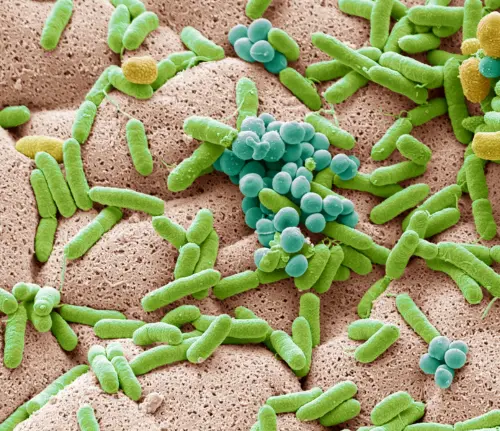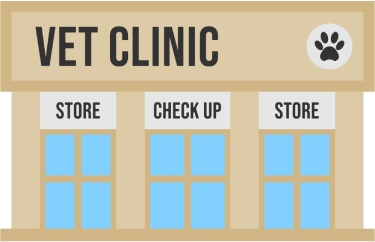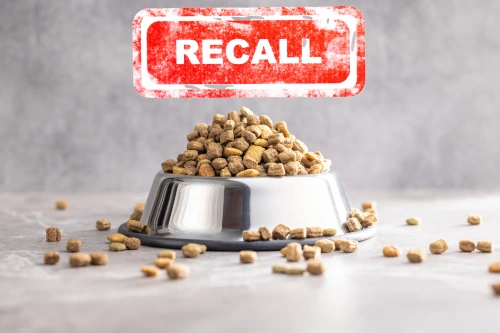Key Takeaways
What is a pet food recall? – A recall happens when pet food is removed from the market due to safety risks
Why do recalls happen? – Common causes include bacterial contamination, toxins, foreign objects, nutritional imbalances, and labeling errors
What are the risks? – Recalled pet food can cause illness, organ damage, choking, or injury
How to check for recalls? – Stay updated using the FDA recall list, the AVMA recall page, and trusted pet health sources
What to do if your pet’s food is recalled? – Stop feeding the recalled food, check pet for symptoms, contact your vet, and follow recall instructions
Burnell Pets & recall monitoring – We monitor pet food recalls for pet sitting clients and are exploring ways to offer this as a future service
Stay informed and protect your pet!
You scoop your pet’s favorite food into their bowl or enrichment toy every day, trusting it’s safe and nutritious. But what if that food was suddenly recalled? At Burnell Pets, we understand how important it is to stay informed about a pet food recall to keep your furry family members safe.
This guide will walk you through everything you need to know about pet food recalls. This includes why they happen, how they may impact your pet’s health, and where to find the latest recall alerts.
Additionally, as part of our pet sitting services, we already monitor food recalls for our clients’ pets. We’re also exploring ways to expand this into a broader service in the future to help more pet owners stay informed.
What Is a Pet Food Recall?
A pet food recall happens when a company removes a product from shelves due to a potential safety risk. The laws concerning the recall process are found in CFR 21 Chapter 1, Part 7. Section 7.40. These recalls can be:
Voluntary: The pet food company discovers an issue and pulls the product before regulatory action is taken.
FDA: The U.S. Food and Drug Administration (FDA) enforces a recall when a product is deemed a potential health risk. An FDA-initiated recall may either be voluntary or court-ordered. There are three classes of FDA recalls.
- Class 1: Most serious recall with great potential to cause severe harm or death to an animal
- Class 2: Moderate risk of temporary or reversible health consequences, but serious adverse health consequences are unlikely
- Class 3: Low risk of adverse health consequences
Recalls happen for a variety of reasons, ranging from bacterial contamination to incorrect nutrient levels.
Why Does A Pet Food Recall Happen?
Pet food recalls occur for several key reasons, including:

1. Contamination with Harmful Bacteria
Harmful bacteria like Salmonella serovars, Listeria monocytogenes, E. coli, Clostridium botulinum, Pseudomonas aeruginosa, and Bacillus cereus can contaminate pet food, posing risks to both pets and humans handling it.
2. Dangerous Toxins
Moldy food can produce aflatoxins, which can cause severe liver damage in pets. in 1998, the deaths of at least 25 dogs were due to aflatoxin contamination of corn used in one particular dry food.
3. Foreign Objects in Food
Pet food recalls occur when the food contains plastic, metal, or glass, which can create choking or injury hazards.
4. Nutritional Imbalances
Excessive or insufficient nutrients (such as too much Vitamin D) can lead to serious health problems over time. Between 1999 and 2000, at least 7 dogs died and 3 others fell ill after consuming a certain pet food containing excess levels of vitamin D3.
5. Labeling Errors
Mislabeling ingredients can be dangerous, especially for pets with food allergies or dietary restrictions.
What Are the Risks of Feeding Recalled Pet Food?
Feeding your pet recalled food can lead to:
Gastrointestinal Illness – Vomiting, diarrhea, lethargy, or fever.
Organ Damage – Long-term exposure to toxins or imbalanced nutrients can harm the liver, kidneys, or heart.
Physical Injuries – Ingesting foreign materials can cause choking or internal damage.
If you suspect your pet has eaten recalled food, contact your veterinarian immediately.
How to Stay Updated on Pet Food Recalls
To keep your pet safe, it’s crucial to stay informed about recalls. Here’s how:
1. Check the FDA’s Pet Food Recall List
The FDA maintains an updated recall list and offers email alerts for pet owners.
2. Visit the AVMA’s Recall Page
The American Veterinary Medical Association (AVMA) keeps a running list of recalled pet food and products, though they do not currently offer email alerts.
3. Follow Trusted Pet Health Sources
Veterinary clinics, pet health websites, and reputable pet-related organizations often share recall alerts.
4. Burnell Pets’ Commitment to Monitoring Recalls
As part of our pet sitting services, we actively monitor food recalls for our clients to help ensure their pets’ food remains safe.
We are also exploring ways to offer this as a broader service in the future—potentially allowing any pet owner to receive customized recall alerts based on the food their pet eats. While this service is still in the brainstorming stage, our goal is to make it easier for pet owners to stay informed and take quick action if needed.
For now, we encourage pet owners to use the resources above to stay updated on recalls.
What to Do If Your Pet’s Food Is Recalled

If you discover your pet’s food has been recalled, follow these steps:
- Stop Using the Food Immediately – Discontinue feeding it to your pet.
- Check for Symptoms – Monitor your pet for signs of illness like vomiting, diarrhea, or unusual lethargy.
- Contact Your Veterinarian – If your pet has eaten the recalled food, seek veterinary advice.
- Follow Recall Instructions – Recalls usually include instructions on disposal or refunds.
Looking Ahead: Future Plans to Keep Your Pets Safe
At Burnell Pets, we take pet safety seriously. While we currently monitor food recalls for our pet sitting clients, we know that all pet owners could benefit from an easy way to track recalls. That’s why we’re exploring the possibility of expanding this service in the future, so more pet owners can have peace of mind.
For now, we recommend checking the FDA and AVMA recall lists regularly to stay informed. As we continue developing ideas for this service, we’ll share updates with our community.
Want to stay in the loop? Follow Burnell Pets for future announcements about how we’re working to make pet food safety easier for everyone!
